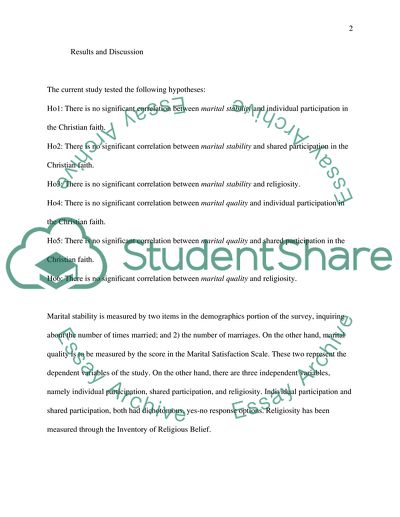Cite this document
(“Marital Stability and Individual Participation in the Christian Faith Research Paper - 5”, n.d.)
Marital Stability and Individual Participation in the Christian Faith Research Paper - 5. Retrieved from https://studentshare.org/social-science/1724914-research-paper
Marital Stability and Individual Participation in the Christian Faith Research Paper - 5. Retrieved from https://studentshare.org/social-science/1724914-research-paper
(Marital Stability and Individual Participation in the Christian Faith Research Paper - 5)
Marital Stability and Individual Participation in the Christian Faith Research Paper - 5. https://studentshare.org/social-science/1724914-research-paper.
Marital Stability and Individual Participation in the Christian Faith Research Paper - 5. https://studentshare.org/social-science/1724914-research-paper.
“Marital Stability and Individual Participation in the Christian Faith Research Paper - 5”, n.d. https://studentshare.org/social-science/1724914-research-paper.


